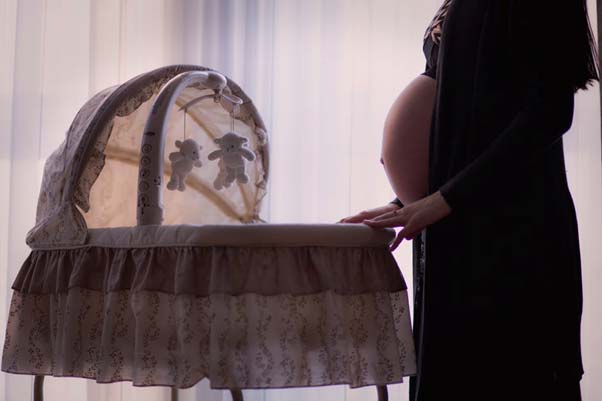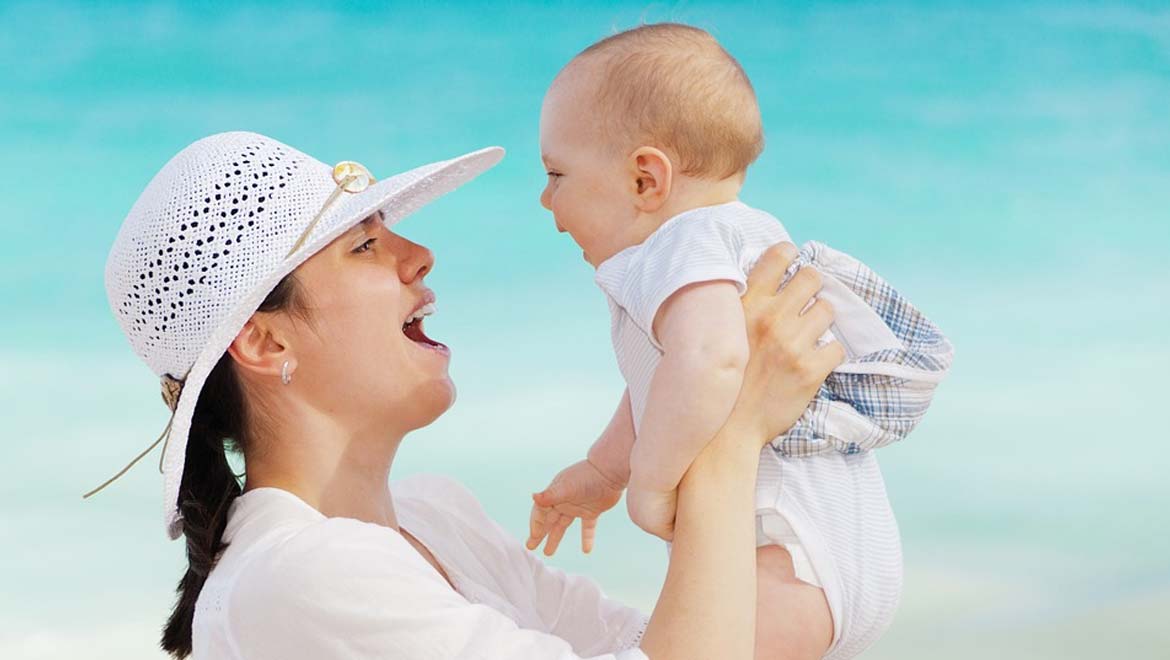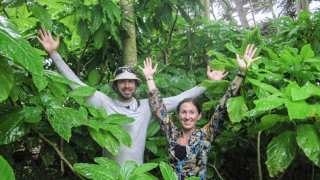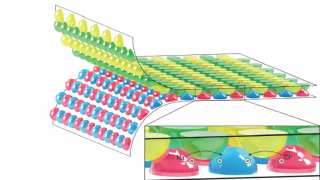Postpartum depression, also known as postnatal depression, is estimated to affect around 600,000 women annually in the United States. Of course, this figure only relates to women who report their symptoms to their healthcare practitioner.
If we include those mothers who either don’t recognize what they are suffering from, or do not feel like they can talk about it, then the figure is likely to be much higher.
Recognizing symptoms of postpartum depression
The Centers for Disease Control and Prevention suggest that symptoms of postpartum depression can include, but are not limited to: feeling guilt about not being a good mother, withdrawing from friends and family, crying more than usual, feeling disconnected from their baby, and potential feelings of anger.
Whilst many of these symptoms can affect any new mother, with postpartum depression the feelings will be more intense and last for a far longer period of time.
Standard treatments for postpartum depression vary, but can include counselling, Cognitive Behaviour Therapy (CBT) and medication.
A new study based in the UK has also shed light on another potential way to help new mothers suffering from postpartum depression: group singing sessions.
Singing in groups to combat depression
The study was published in the British Journal of Psychiatry and was funded by Arts Council England.
It involved 134 mothers, all of whom showed symptoms of postpartum depression. The mothers were split into three different groups. The first group took part in group singing sessions with their babies, the second group had creative play sessions, and the third group were given their usual treatment which included antidepressants, mindfulness and family support.
All mothers improved over the course of the 10-week study however, those who were part of the singing group showed an average of 35 percent decrease in their symptoms of depression, after only six weeks.
Dr Rosie Perkins, one of the principal investigators said that the study could provide an easy and accessible treatment option: "Post-natal depression is debilitating for mothers and their families, yet our research indicates that for some women something as accessible as singing with their baby could help to speed up recovery at one of the most vulnerable times of their lives,"
Lead author, Dr Daisy Fancourt, added that it may also alleviate issues regarding medication: "Many mothers have concerns about taking depression medication whilst breast-feeding and uptake of psychological therapies with new mothers is relatively low. So these results are really exciting as they suggest that something as simple as referring mothers to community activities could support their recovery."

Pregnant Woman Standing Near White Brown Bassinet (Public Domain)
Sky News spoke to a mother who said that group singing sessions made a real difference to her mental health when her baby was young. Gail Barnes said:
"I was very nervous to go out without family, but I was told about this singing group and that was my decision made - I had to get out and go to it. Before, it had felt like I was just getting through each day with him, it was monotonous and lonely. But here there were other mums, screaming babies, and we were all in it together. I stopped feeling nervous, as did my baby, when we started to learn the songs, and we interacted in a way which was fun."
The results of the study have already been put into practice, with singing workshops being rolled out across parts of London. It is hoped that this form of therapy will become more widely accessible as another option for mothers who may be suffering from postpartum depression.
Top image: Mother singing. (Public Domain)
References:
http://www.bbc.com/news/health-42607141







No comment